Michigan House OKs $75 million for ice storm aid, exempts Upper Peninsula from clean energy law
Published in News & Features
The Michigan House on Wednesday voted 107-1 to approve a $75 million appropriation to aid northern Michigan residents and communities in their recovery from the late March ice storm.
The $75 million appropriation for the Michigan State Police would be distributed to local governmental units and used to assist "individual residents, businesses, and communities that have realized a significant financial hardship caused by recent storm damage," according to a bill analysis by the nonpartisan House Fiscal Agency.
"With personal and municipal finances stretched thin from efforts to help their families, neighbors, residents and communities survive the first two weeks and pouring nearly everything they had into trying to return the region to functional normalcy, they are facing the reality that they don’t have the resources necessary they need to do this on their own any longer," said state Rep. Parker Fairbairn, the Harbor Springs Republican who sponsored the bill.
The funding proposal, which heads next to the Democratic-led Senate for a vote, also could be used as a 25% match to draw down a $225 million federal hazard mitigation grant through the Federal Emergency Management Agency if a federal disaster is declared in Michigan. FEMA's hazard mitigation money typically is used, according to the federal agency, to support "sustained measures enacted to reduce or eliminate long-term risk to people and property from natural hazards and their effects."
Gov. Gretchen Whitmer declared a state of emergency in northern Michigan on March 31. She deployed the Michigan National Guard to aid in recovery efforts and declared an energy emergency in the Upper Peninsula to help deliver fuel and other resources. Last month, she requested that Trump sign a presidential emergency declaration.
In the governor's letter to Trump last month, Whitmer said electric utility cooperatives have estimated their response costs related to the storm will exceed $65 million; that sum does not include municipal or private utilities that are not eligible for federal aid. The state's costs are estimated to be more than $7 million, and local and tribal government costs have not yet been calculated.
State Rep. Steve Carra, R-Three Rivers, was the lone lawmaker to vote against the legislation. He did not immediately explain his opposition, but he noted that the final version of the bill was not adopted until Wednesday afternoon, shortly before the vote.
Meanwhile, in separate votes Wednesday, the House passed legislation that would exempt the Upper Peninsula from new laws requiring communities to achieve certain renewable and clean energy goals by 2035.
Upper Peninsula lawmakers have argued the Legislature didn't consider the U.P.'s unique energy needs when the Democratic-controlled House and Senate passed the clean energy legislation in 2023. The Legislature also did not recognize the U.P. had just brought new natural gas-powered electric generation facilities online that ratepayers will be using and financing through 2050, lawmakers argued.
If the green energy law is imposed as planned in the Upper Peninsula, residential surcharges to pay for new renewable infrastructure would increase up to $86 per month by 2040, the U.P.'s energy provider testified in March. A premature closure also would mean the U.P.'s mines are left without a guaranteed energy producer, skyrocketing costs for the industry, lawmakers argued.
"Without reliable affordable energy produced by the RICE units, the U.P. will be forced to deindustrialize," said state Rep. Karl Bohnak, a Republican from Deerton in Alger County.
Bohnak was referring to the U.P.'s 13 natural gas-powered reciprocating internal combustion engines, known as RICE, which were brought online in 2019 and have a lifespan through 2050.
State Rep. Joey Andrews, a Democrat from St. Joseph who was involved in passing the 2023 clean energy law, said lawmakers always expected changes to be needed if issues arose. He said the new natural gas generators are a "climate positive investment" that significantly decreases the Upper Peninsula's carbon emissions.
"I believe this is one of the areas where we missed the mark and a fix needs to be made," Andrews said.
State Rep. Laurie Pohutsky, D-Livonia, voted against the exemption for the U.P., arguing the law should be able to run its course and could save U.P. energy users more in the long run.
"These bills, even as amended, would undermine progress in a region that needs it most," Pohutsky said.
The bills passed 82-27 and 83-26.
______
©2025 The Detroit News. Visit detroitnews.com. Distributed by Tribune Content Agency, LLC.
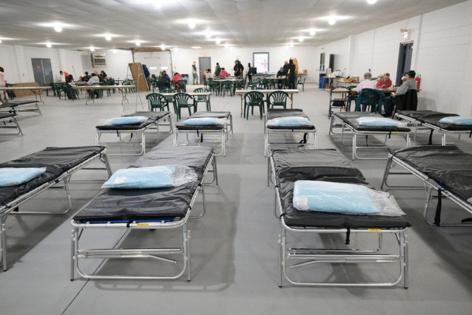
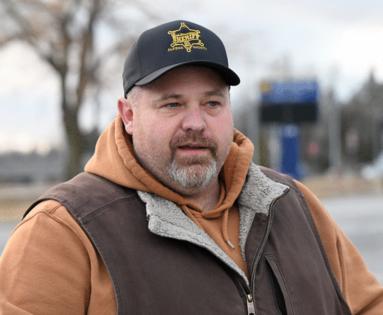
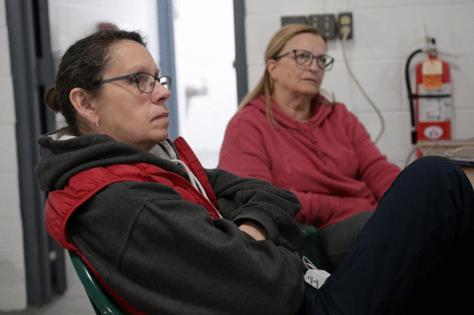
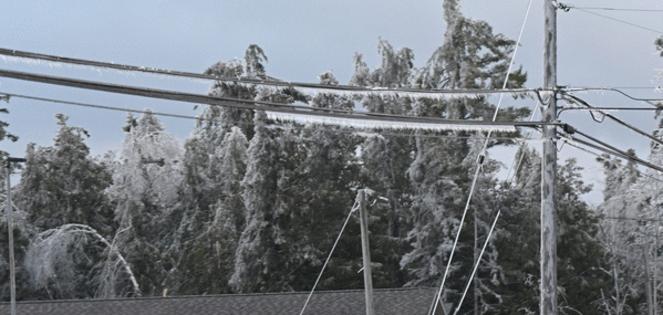
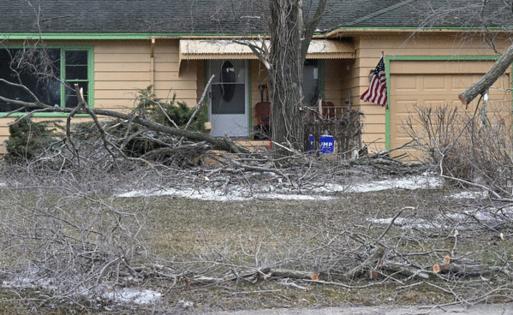











Comments